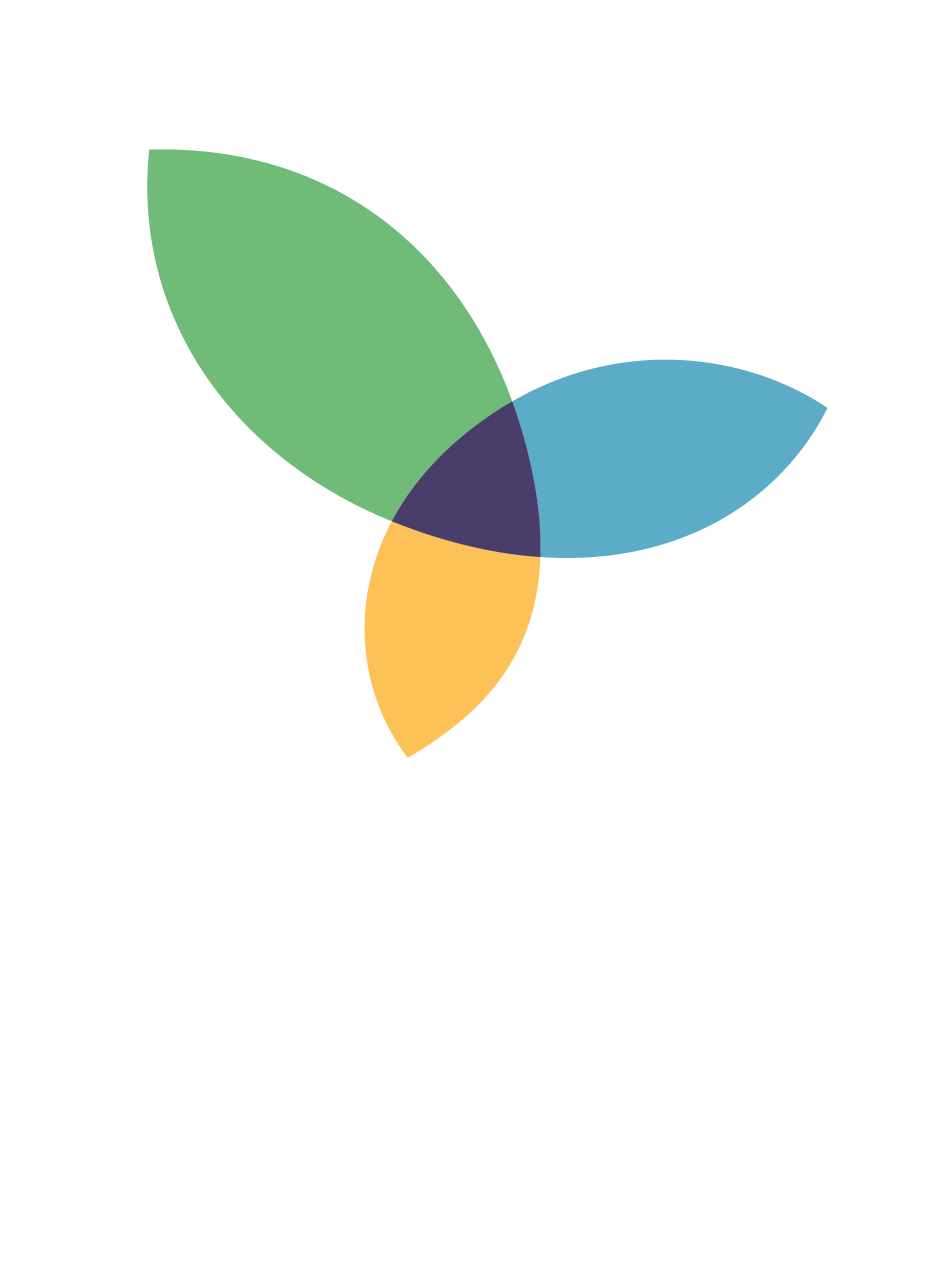Collaboration without consensus
Rehabilitating degraded lands, restoring fisheries, or reducing greenhouse gas emissions all demand changes by actors at multiple scales; and power, profit, and livelihoods are at stake. Blake Ratner recounts his experiences of pursuing big, systemic change when people don’t agree what the problem is, or how to solve it.
When tensions flare, and everything you’ve been working on together might fall apart, it’s often the moment there’s a chance to chart a better course. But seizing that opportunity and navigating the shift in the dynamics of confrontation and cooperation doesn’t happen by accident. I’ve learned that from 25 years working on development partnerships, from the highlands of Guatemala to the floating villages of Cambodia.
The Tonle Sap Lake in Cambodia has been called the “beating heart” of the Mekong River basin for the cycle of floods that expand its surface as much as fivefold and then recede each year. It’s a hotspot of freshwater biodiversity, second only to the Amazon. Its floodwaters nourish some of the most productive agricultural lands in the country. It’s also the largest freshwater fishery in Asia, a source of food and livelihood for over 5 million Cambodians who live within its watershed.
Since the mid 1990s, the lake has shown increasing signs of degradation. The causes include sediment and pollution from upstream deforestation and agriculture, clearing of flooded mangrove forests, and construction of dams and roads that separate wetlands important for fish spawning and migration. Fishing pressure has also intensified, driving many fishers to use illegal and destructive practices including fishing with fine-mesh nets, electric shock fishing, and pumping to drain protected habitats.
In 2009, I launched an action research project to encourage the main adversaries in a social, economic, and political battle over the future of the Tonle Sap fishery to better understand the risks to the system and work together to save it. The project, led by WorldFish, was financed by a grant from the CGIAR, a global research partnership for a food-secure future.
We brought together the national fisheries management authority, the most active and vocal grassroots network of fishing communities, and the leading domestic policy research institute, the Cambodia Development Resource Institute. The goal was to find new ways to support the resilience of community fishery livelihoods, amid rapid change.
During the project we learned that collective action doesn’t always require consensus on the solutions. Indeed, understanding the roots of conflict between different interest groups is key to building collaboration.
We subsequently distilled the lessons of this approach into a framework for facilitating collaboration under conditions of resource competition and conflict. In such circumstances, learning how to create alignment towards a broader, shared purpose – even without agreement on a plan of action – can open unexpected pathways towards transformative change.
Read the full essay on Re.Think, Resilience Thinking for Global Development, from the Stockholm Resilience Centre.
